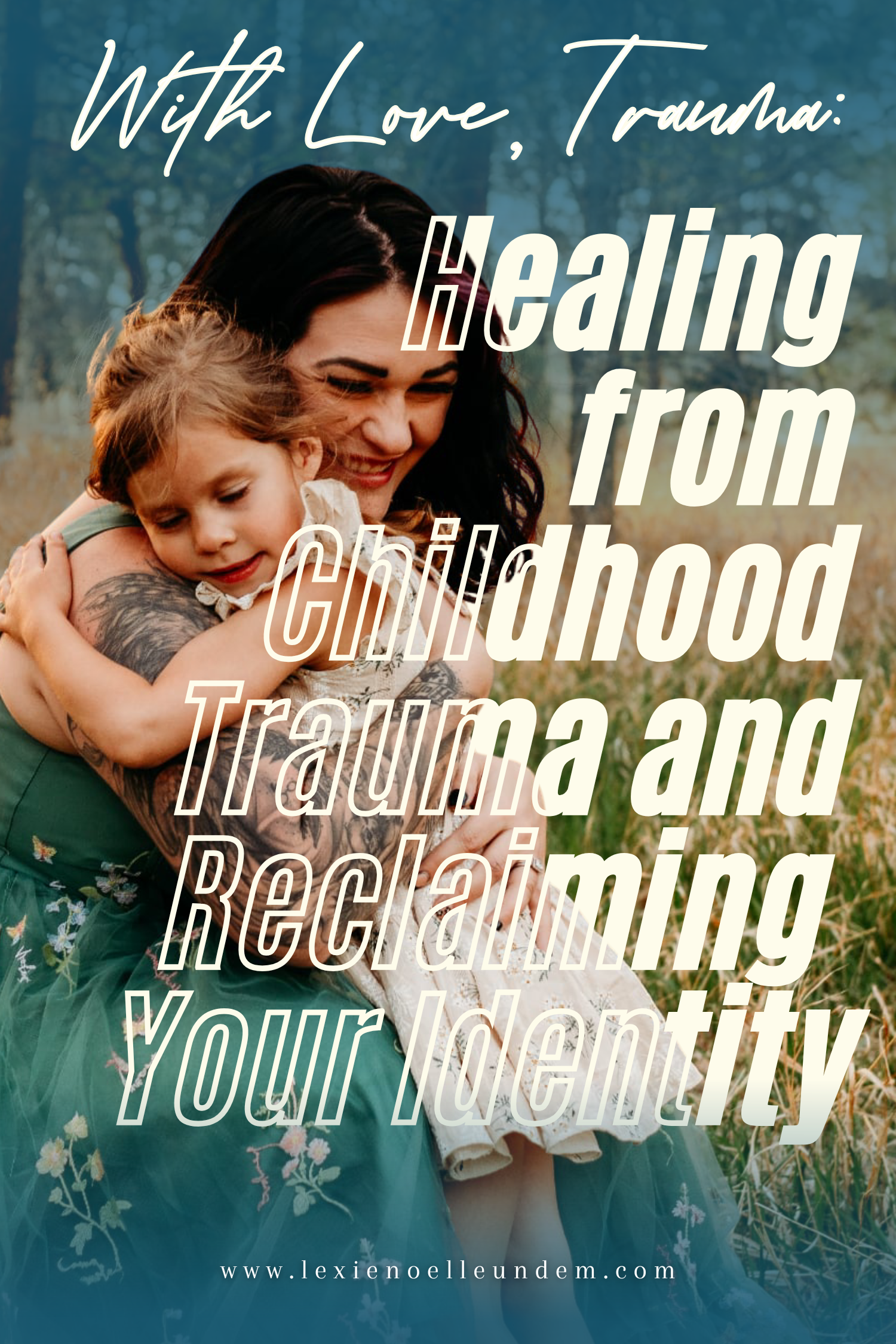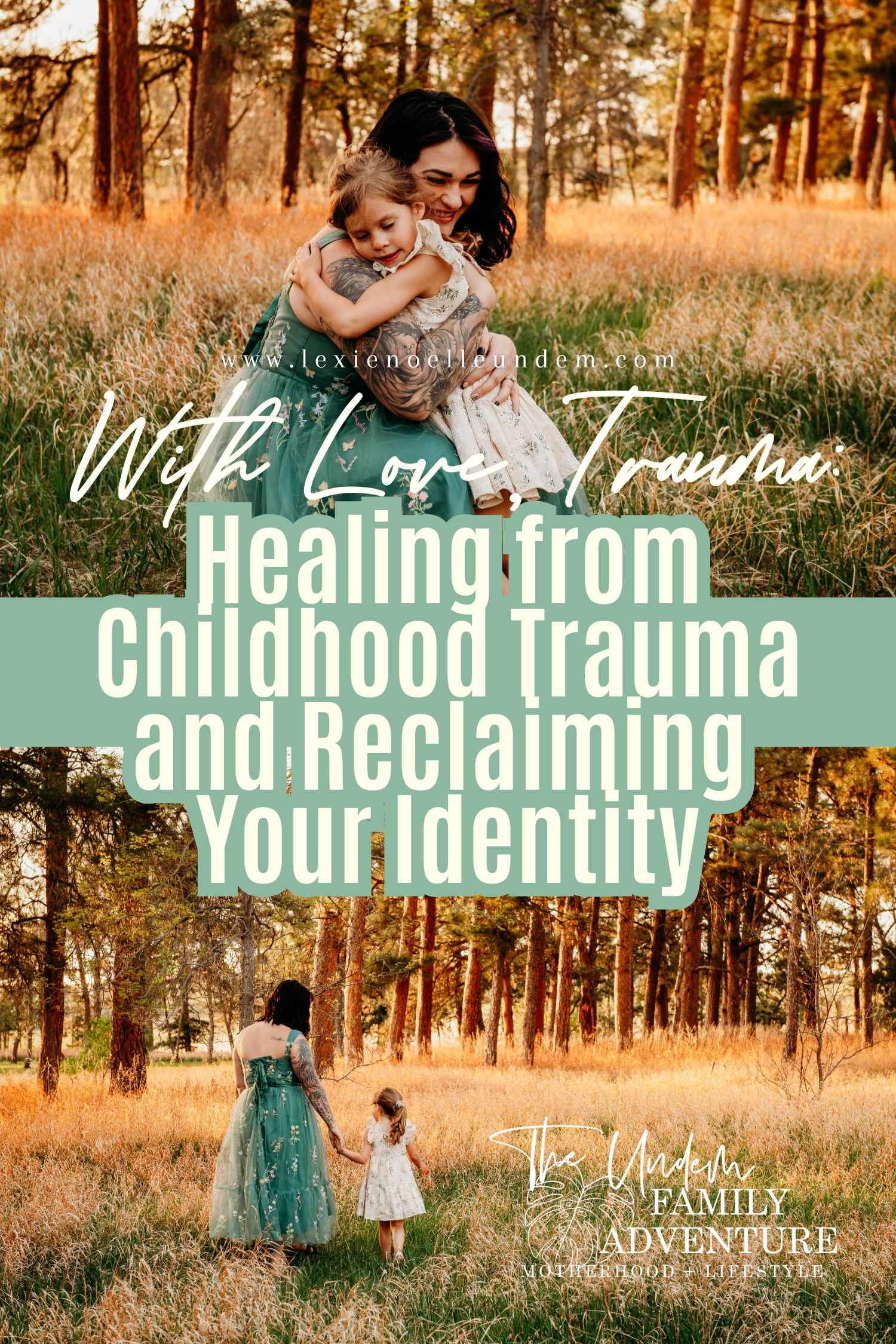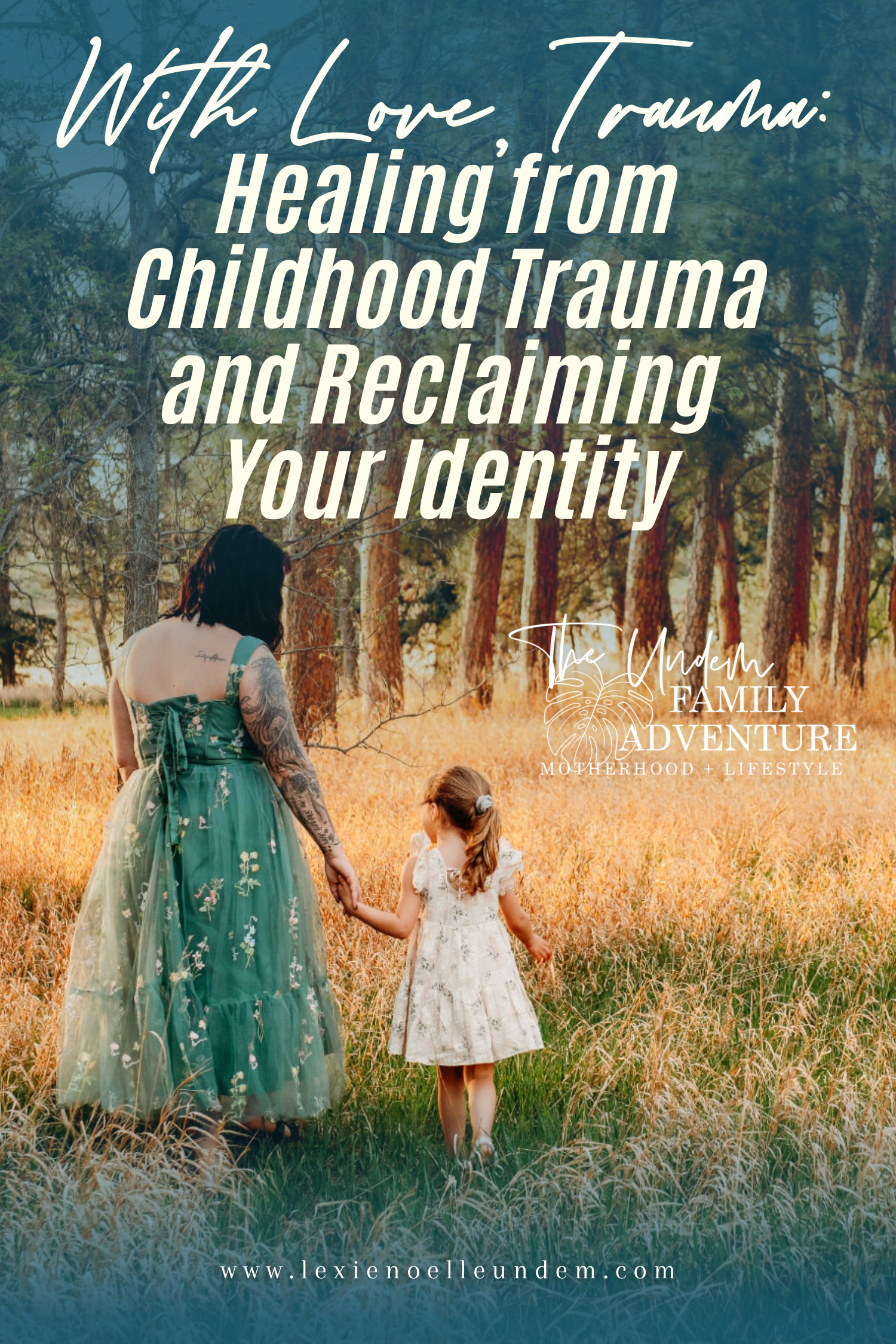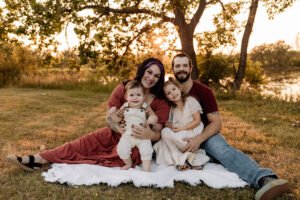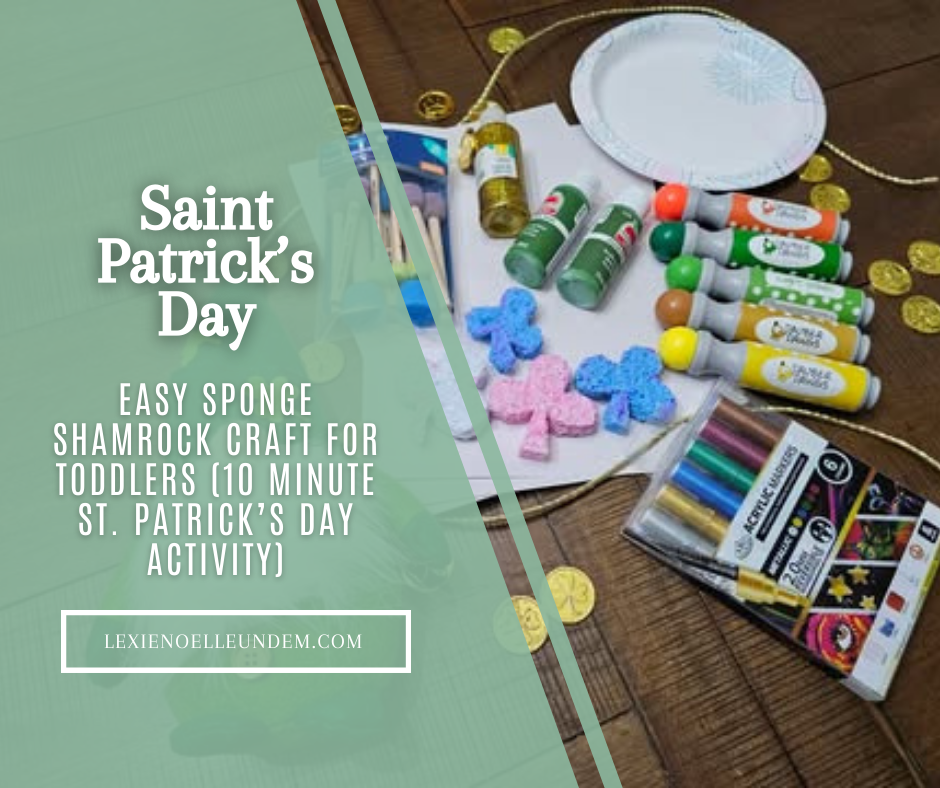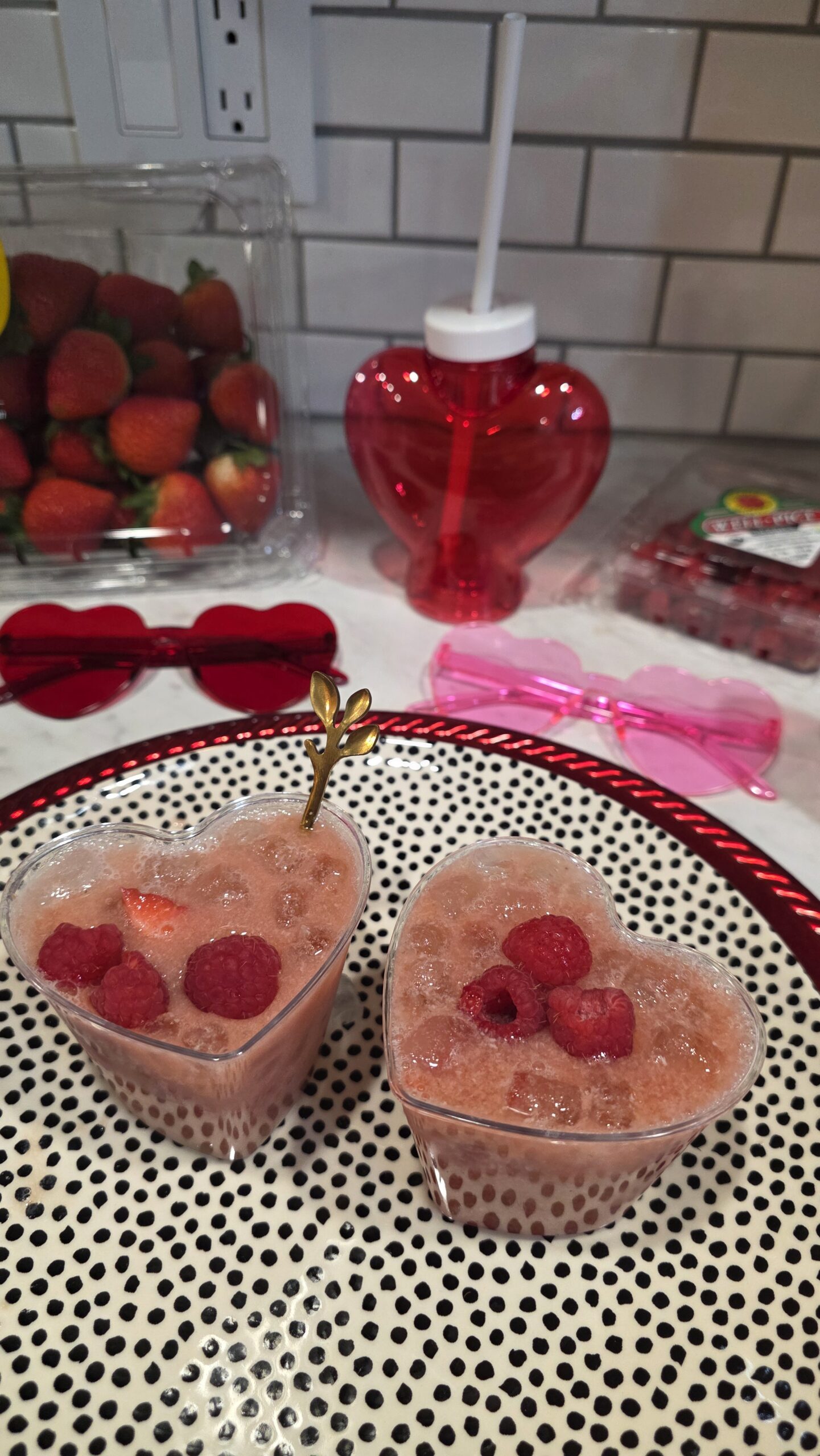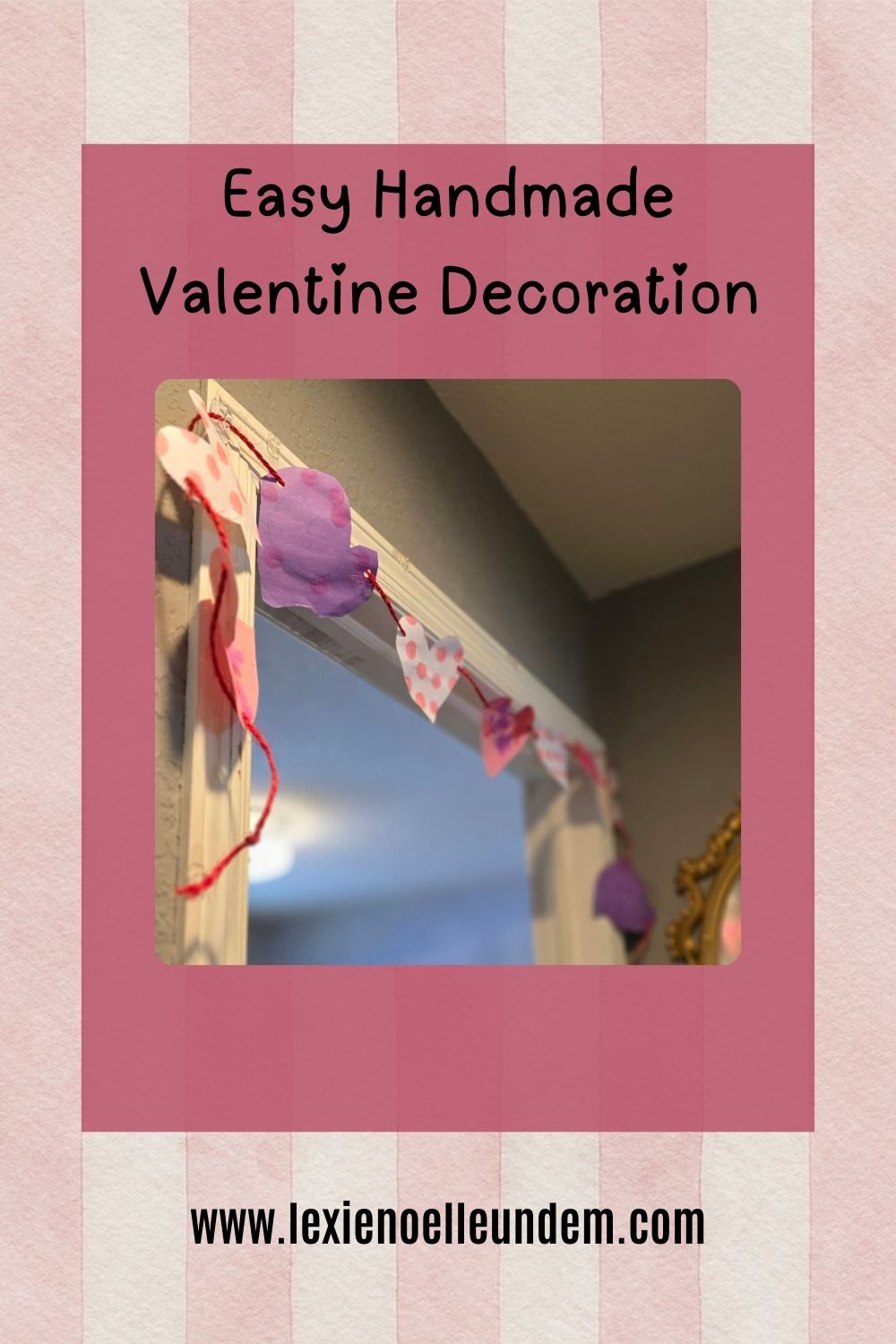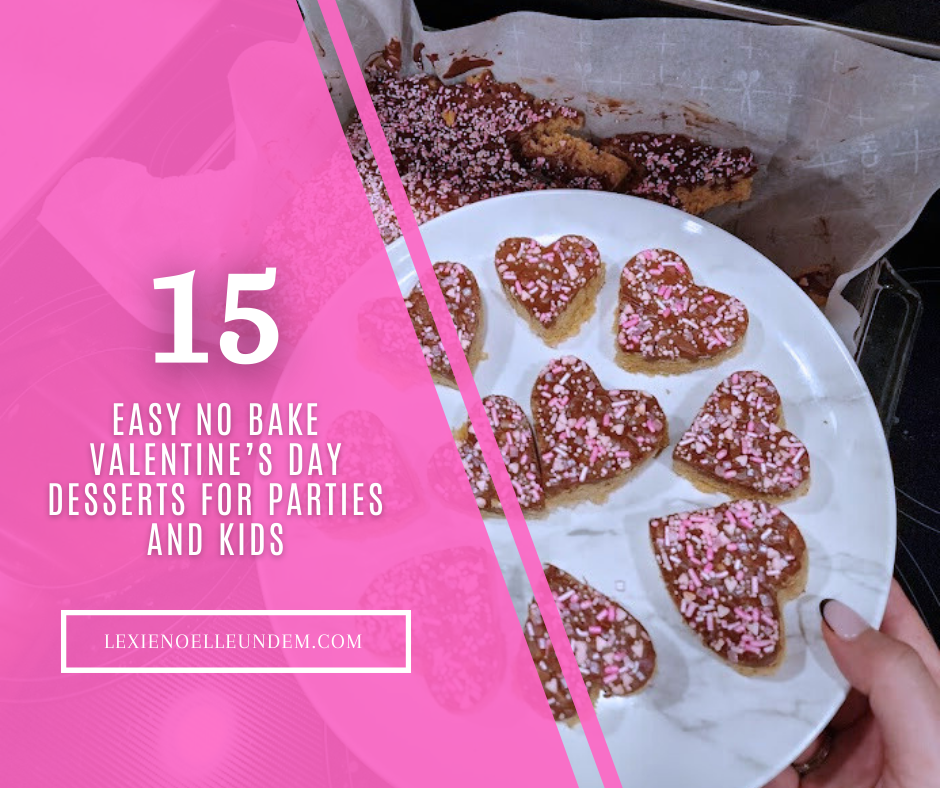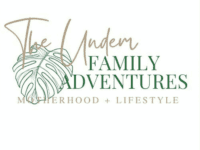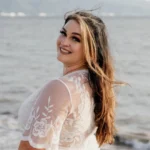With Love, Trauma: Healing from Childhood Trauma and Reclaiming Your Identity
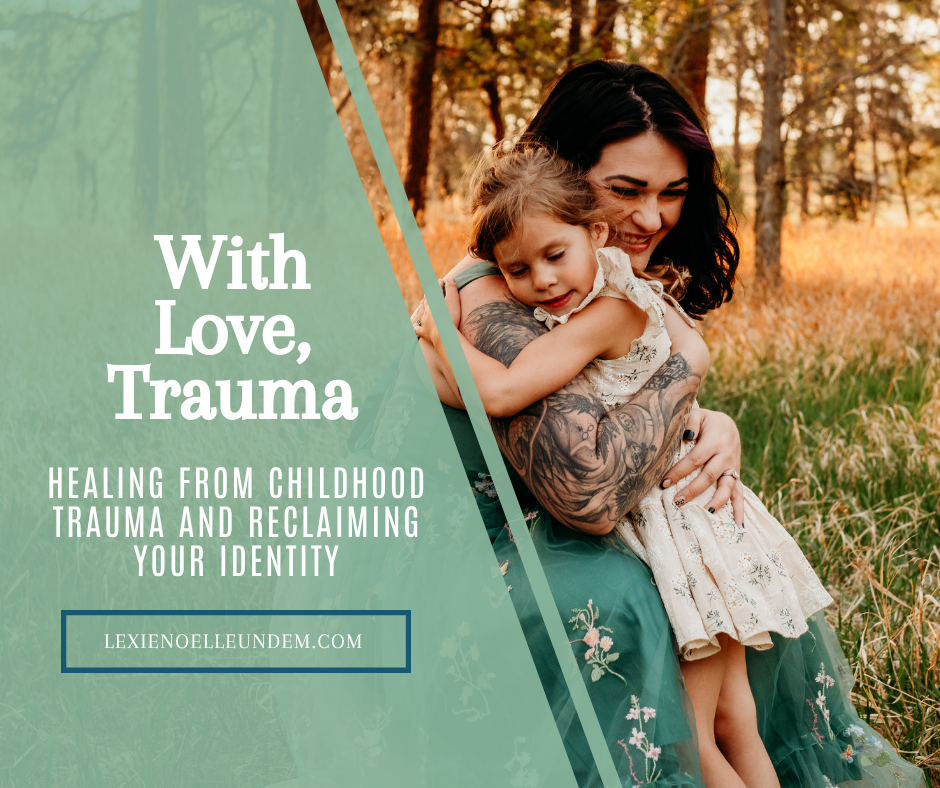
Recently in therapy, I told my therapist that I was tired of feeling like my entire existence was a trauma response. Healing from childhood trauma has become a priority for me. I joked that if someone were writing my life story, it would be titled “With Love, Trauma.”
I’m:
- kind because I wasn’t treated kindly.
- attentive because I had unmet needs.
- organized because I had to manage the chaos somehow.
My therapist paused and told me something that truly shifted my perspective. She said, “You might feel like those are trauma responses, but those could also just be part of who you are. Maybe you would’ve been this person anyway.” And that thought? It stuck.
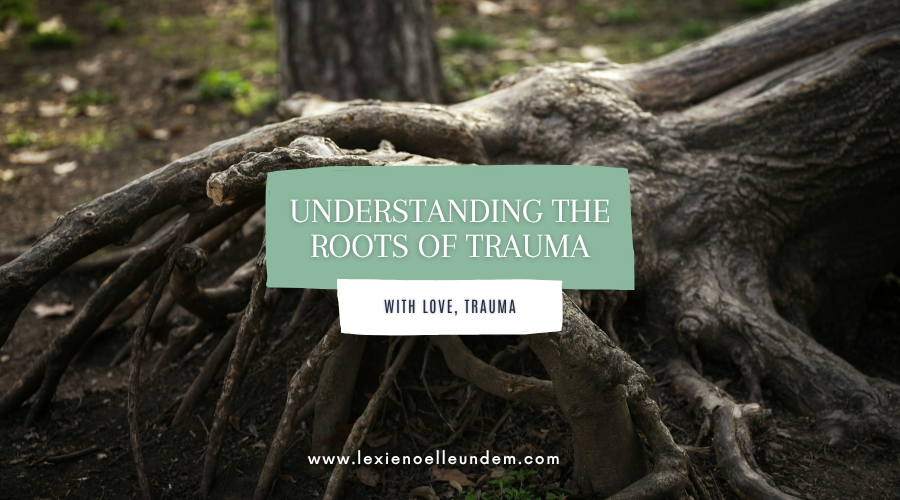
Understanding the Roots of Trauma
Healing from childhood trauma isn’t linear, and it isn’t one-size-fits-all. For me, it meant unpacking years of emotional instability, growing up in a home without a reliable father figure, and dealing with generational mental health struggles.
I was a parentified child before I ever knew that term existed—stepping into responsibilities far beyond what a child should carry. And while some might say trauma makes you stronger, I honestly wish I didn’t have to be so strong.
I saw a TikTok that said, “I dream of never being called strong again,” and I felt that deep in my bones. Because being strong means you’ve endured too much.
Breaking Generational Cycles While Healing from Childhood Trauma
One of the most intentional things I do as a mom is break the generational cycles I was raised in. It’s exhausting sometimes—raising tiny humans while healing the little girl inside me.
But every choice I make to connect instead of control, to pause instead of yell, to apologize when I mess up… that’s a step toward healing from childhood trauma.
It’s not about pretending everything is perfect. It’s about parenting with awareness and choosing to do things differently.
Want more gentle parenting tools? You can check out my Gentle Parenting Morning Routine Checklist for easy, calm starts to your day.
Motherhood and Mental Health Go Hand in Hand
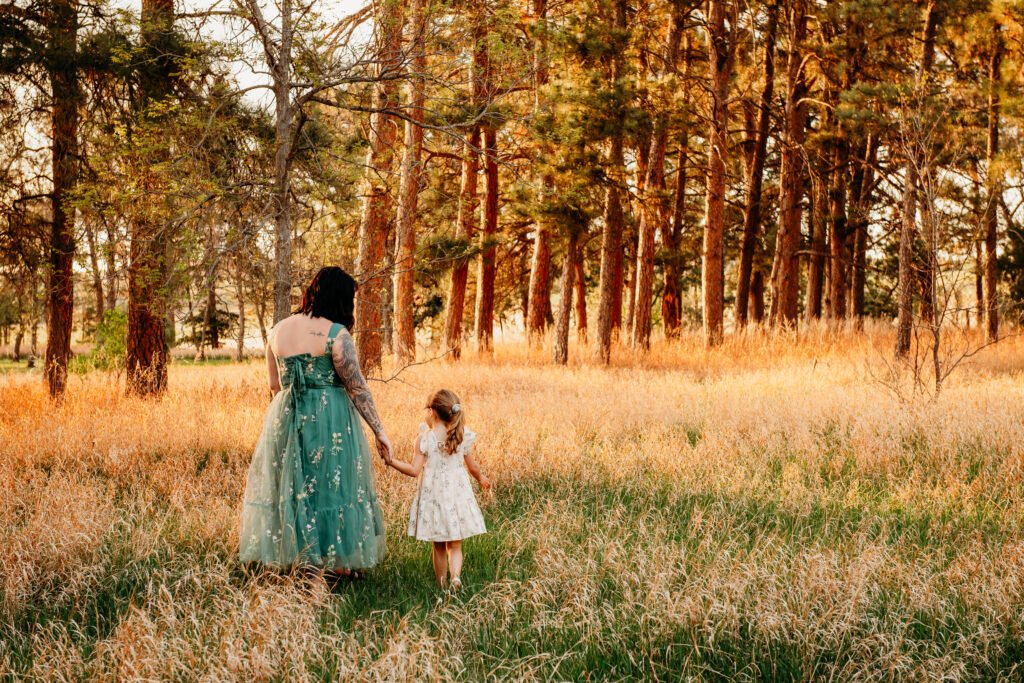
Let’s talk about the overlap between motherhood and mental health. Because no one really warns you how triggering motherhood can be when you’ve got trauma scars.
I’ve had moments where I was overwhelmed by my toddler’s meltdown, not just because it was loud, but because it reminded me of what I wasn’t allowed to feel as a child.
And still—I choose softness. I choose connection. My gentle parenting journey is imperfect but deeply intentional. My kids don’t need a perfect mom. They need a present one.
If you’re navigating similar emotions, my post on Self-Care Tips for Mommas might help you carve out space for rest and restoration.
Faith After Trauma: Rebuilding What Was Broken
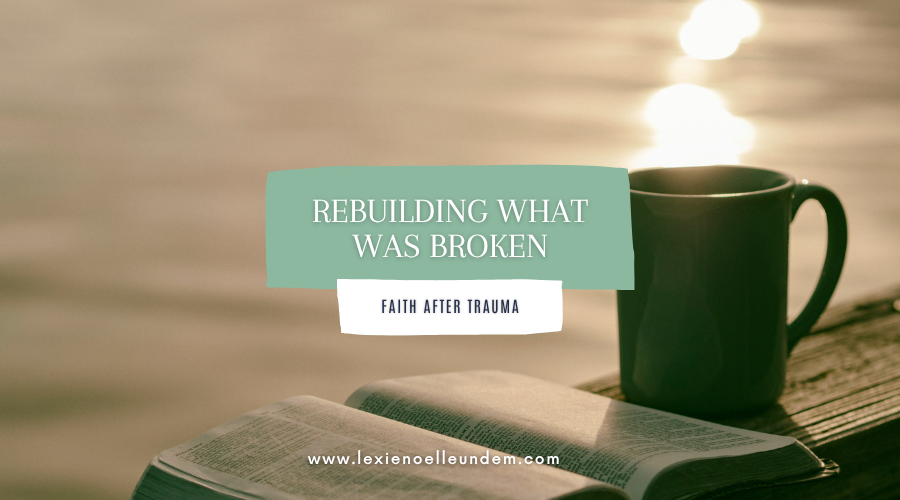
Faith plays a big part in how I keep moving forward. Not performative faith or perfectionist religion—real, raw, comforting faith.
Jesus meets me in the anxiety spirals, in the postpartum fog, and in those quiet 2 a.m. moments when I question everything.
And in those sacred pauses, I remember: I’m not healing alone. I’m held. I’m seen.
If you’re rebuilding your faith after trauma and breaking generational cycles, I highly recommend reading The Body Keeps the Score. This book gives a deeper understanding of how trauma impacts the mind, body, and spirit.
Final Thoughts on Healing from Childhood Trauma and Embracing Who You Are
If you’ve ever stood in front of the mirror and asked, “Who would I be without the pain?”—you’re not the only one asking that question.
Your trauma doesn’t define you.
Your past doesn’t hold all the power.
The chaos you came from? It’s not the whole story.
Still, you remain: soft and strong, layered and becoming, messy and kind.
Healing from childhood trauma means choosing to write your own story—on your terms, in your voice, with your heart wide open.
To the mom navigating motherhood and mental health, trying to become what you never had: I see you. You’re not healing alone.
Do kindness, recklessly.
Because the world needs more of it. And so do you.
PINS FOR LATER!
